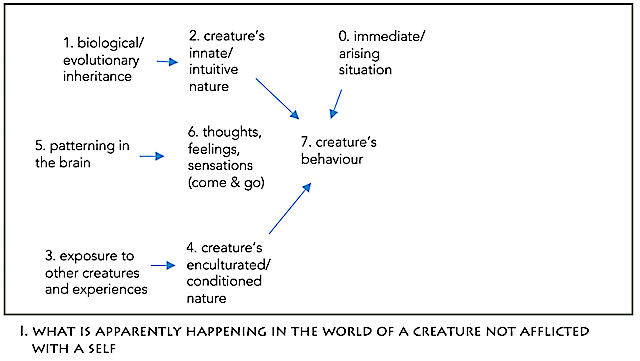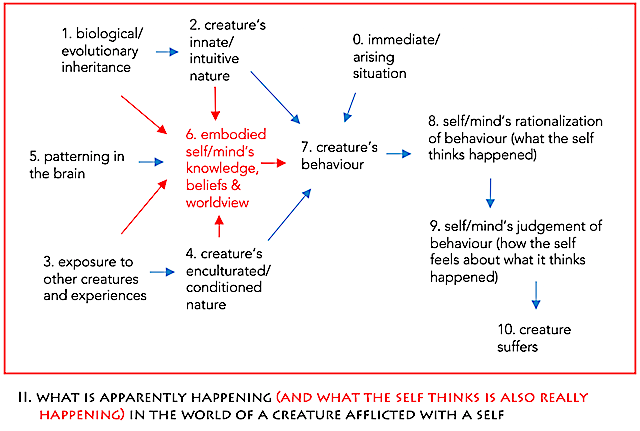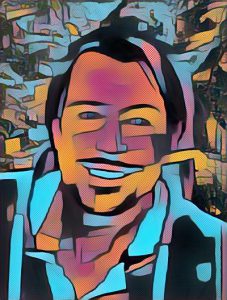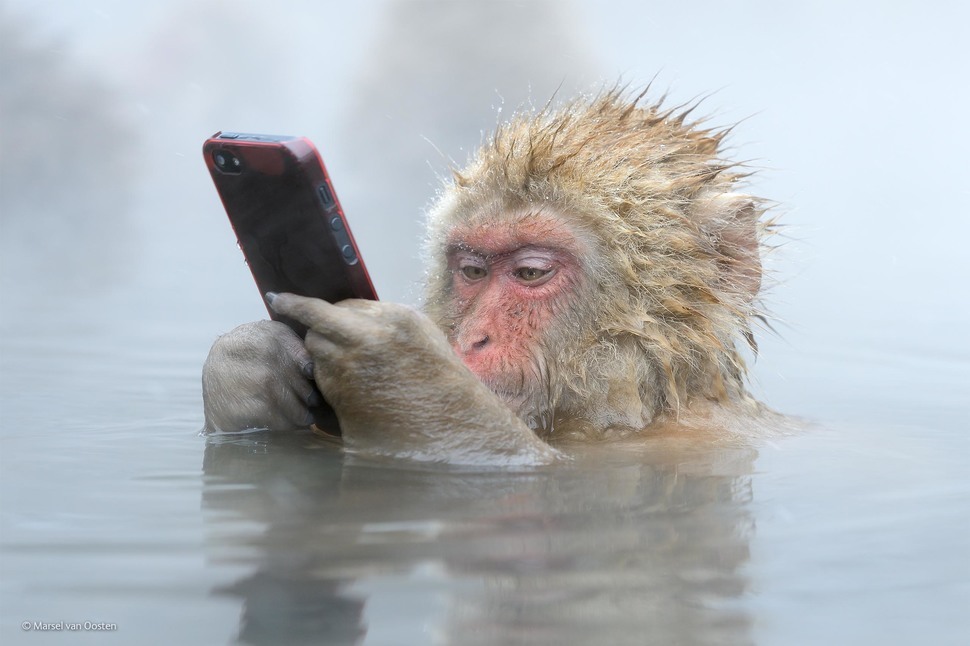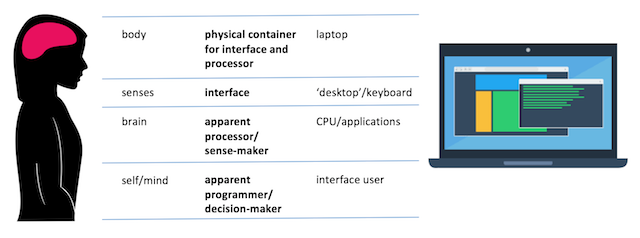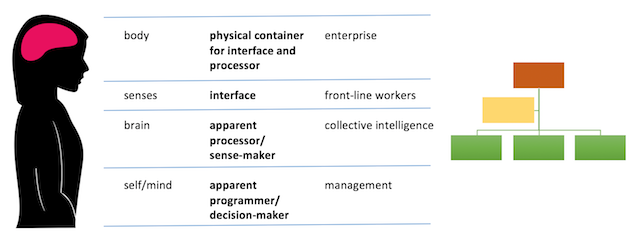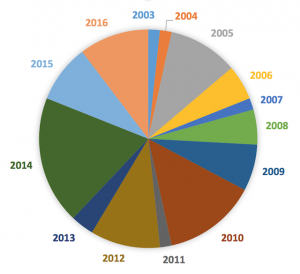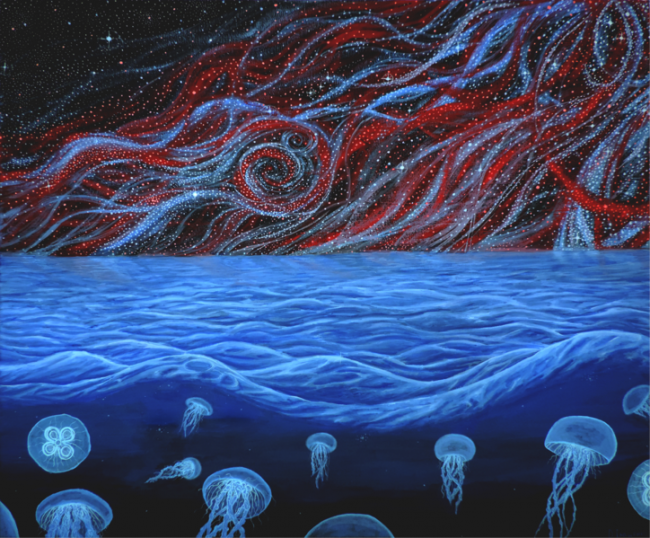 There are two large cutouts, facing each other, each bearing the identical likeness of a person known as Dave.
There are two large cutouts, facing each other, each bearing the identical likeness of a person known as Dave.
One is labelled “Dave the Creature”. In Natural Reality there are no creatures, just oneness, no thing separate at all, just what is apparently happening, living “full on” — “creaturing”. In this Natural Reality everything just is. There is no control, no god, no purpose or meaning or morality. There is no one to be terrified about this reality.
The second cutout is labelled “Dave the Self”. In Natural Reality there are no selves, either, nothing separate at all, just what is apparently happening. One of the things that is apparently happening is “selving” — in which illusory selves imagine themselves to be real and in control of the creatures they believe they reside ‘in’. These illusory selves are an unfortunate side-effect of the apparent emergence in some creatures of large brains capable of imagining separation. Although separation isn’t real, evolution often apparently favours illusions and simplifications that improve creatures’ fitness and survival, over perceiving what is actually true.
There is apparent conversing happening between these two cutouts, these two inventions, neither of which is real. But one of these cutouts, Dave the Self, believes it is real, and separate, and in control of Dave the Creature. The apparent cutouts, and the apparent conversing, are happening in the imagination of Dave the Self — ie in the imagination of something that isn’t real. But it thinks it is, so it is having this apparent conversation. Because it feels sad, and confused.
We can listen in, if you like:
________________________________
Dave the Creature: This is completely futile, you know. Neither of us is real. You are just a dream, or more accurately a horrible nightmare you can’t wake up from, a disease, an affliction. But it’s your dream, and you’ve invented me, given me this creature identity, so apparently you intend that I offer you some wisdom, or at least some solace. Should I put fingers on your forehead and ask “What can I do for you, my child?”
Dave the Self: I am tired. Tired of not feeling safe. Tired of suffering, and of causing suffering. I want to be dead, so you can truly be alive.
Dave the Creature: Hmmm. Such an apparently generous and un-self-ish desire! You know that in Natural Reality all that is is truly alive, and always has been truly alive. There is no ‘me’ to be truly alive, but there is aliveness, wholeness, beingness, all-there-is, unconditional love. There have been glimpses of it at various times during your selfing, and that’s why you’re now hoping you can die. So what is it that you don’t feel safe about? What are you so afraid of?
Dave the Self: Being trapped — blocked in or injured in this house, trapped in relationships, trapped in intolerable situations of endless and inescapable hardship, pain, dread, loss, anxiety, hopelessness. Suffering, and causing suffering to others. Being unable to control a threatening or unhappy situation. Failing. Social incompetence with strangers. Wasting time. Not knowing.
Dave the Creature: That’s a big list! Let’s take a look at it more closely. All of these fears, all these things you don’t feel safe about, right about — all these anxieties triggered by the power going off, or by seeing black ice, or when you feel a sudden sharp wrench in your back, or a hundred other things — these fears and anxieties are just imaginings. They aren’t real. The darkness and the black ice and the back spasms are real, of course, but they’re just happening, or aren’t. You want to be able to control what is happening, but since you aren’t real, you can’t control anything. You know that intellectually, of course, but that’s not helping, is it?
Not only is what is happening the only thing that can be happening, it’s happening outside of what you perceive as time. What you see as consequence is just the brain’s attempt to make sense of what is happening. But it doesn’t make sense. There is no consequence, no plan, no progress, no right or wrong, no meaning, no purpose, no ‘sense’ to anything that happens. There is pain happening, but there is only suffering when a self judges the pain, identifies with it. You can’t prevent pain from happening, and when there is medicating-of-pain happening, that’s simply what’s happening. You, Mr Self-Important, have nothing to do with it. You think if there was no you there would be no medicating-of-pain by Dave the Creature? There would be, or their wouldn’t, depending on the circumstances. No self is needed for it to happen. No self has any control over whether it happens or not.
You think that knowing will help you prevent or mitigate the things you fear. You can avoid travel, or driving, to try to avoid a black ice accident. You can study all the preventatives and treatments for acute pain and suffering, both physical and emotional, from drugs and practices and therapies to suicide. But knowing that will change nothing, beyond adding a bit of neurosis and a lot of unnecessary and futile dread. What is happening is what is happening. You have nothing to do with it. There is no time, no sequence, no consequence. Here’s how Mark Helprin put it in his novel:
Time was invented
because we cannot comprehend in one glance
the enormous and detailed canvas
that we have been given –
so we track it, in linear fashion,
piece by piece.
Time is a construct of the brain to make meaning of discontinuity, much as colour is a construct of the brain to make sense of electromagnetic radiation. It’s just patterning. It isn’t real. None of it makes sense because there’s no one to make sense of it and no thing to make sense of. There’s just what is happening — not now or yesterday or tomorrow — just what is happening.
I know that’s impossible for you to understand. It can’t be understood. But intuitively, you know it’s true, don’t you? When those out-of-time self-less glimpses have happened, you knew it then, and you know it now. You always have.
Of course, you cannot help yourself. Just because you know something intellectually or intuitively doesn’t mean you can change anything, including how you think and feel and behave. So all these fears, these things that make you feel unsafe, they’re not real, and they don’t serve any useful purpose. I know that’s not helpful, but you said you might want some solace, and that’s the best I can offer.
Dave the Self: That’s why I want to die. I know I’m useless, and the source of suffering. I just don’t want to take you with me.
Dave the Creature: No chance of that. Neither of us is real. You just imagine us both to be real. Your apparent death changes nothing. There won’t even be less suffering in Natural Reality if and when you did, because you don’t exist in Natural Reality. You’re just an abstraction with a lot of immiserating habits.
Dave the Self: But your body would die, if I killed it to end myself.
Dave the Creature: There is no body. There is no separate anything. There is only what is apparently happening.
Dave the Self: That makes no sense. Others would see a body dying, and those with selves, at least, would be upset about that.
Dave the Creature: There are no ‘others’.
Dave the Self: Perhaps, but they think they are. I’ve seen how they react to a body’s death. This would just cause more suffering.
Dave the Creature: So you’re going to go on suffering needlessly to supposedly reduce other selves’ suffering over your body’s apparent death.
Dave the Self: I guess so.
Dave the Creature: Well, that makes sense. At least to a self… I want to read something you wrote a while back, to see if that provides any perspective to what you’re struggling with. You wrote:
My whole life I have been bewildered, unable to really make sense of anything, just muddling my way through, and I have often been quite fearful and socially anxious as a result. I have put great effort into many things but have nothing much to show for it. I’ve had some interesting insights, but nothing that’s of much practical use to anyone. I have been generous, but only when I could easily afford to be. I’ve been very lucky, “the world’s most blessed agnostic”. I have become more joyful and fun-loving, but more pessimistic, more curious, and more skeptical about everything, even whether we as separate ‘selves’ actually exist.
That’s quite remarkable! A self that’s come apart from its ego. Imagine what this world might be like if every self was able to recognize itself so clearly, and its life so humbly. It’s good that you doubt the existence of your self; if only you could also doubt the existence of this creature you cling to so desperately.
Dave the Self: It’s like I’m living in limbo, ‘knowing’ somehow what I cannot ‘realize’, and ‘realizing’ — making real — what I know is not real. How can anyone live like this?
Dave the Creature: No one can live like that. There is no one. If you don’t like the ‘dream’ metaphor, here’s another one to try, though metaphors are tricky because they are based on, and obliquely recapitulate, what is known, and this truth that you seek with such desperate futility cannot be known, cannot be expressed in language or story or any other medium that the self can understand.
Think about a time when your intuition, your instincts, told you something that your brain could not get its head around. Since I’m just a fabrication of you, I can provide one: On any number of occasions you have intuited that someone you cared about was unhappy with you. They didn’t say anything, and if there was something in their tone of voice or facial expression or body language it was far too subtle for the brain, or at least the mind, the ‘conscious’ part of it, to pick up on. In some cases you even acted on this intuition, and their response to your action confirmed your intuition, almost every time.
Where did this intuition come from?
Dave the Self: I have no idea.
Dave the Creature: That’s a good start. Now let me push it a bit further. Think about the times your creative writing has been most brilliant. When something amazingly clever and original just came out in words, almost effortlessly. You have tried to replicate this, but you can’t, because it’s not in your control, not within your reach. Where did this extraordinary creativity come from?
Dave the Self: Same answer, obviously. I have no idea. What’s your point?
Dave the Creature: One more step and maybe it will become clearer. Or maybe not. Remember the last few times you fell in love, suddenly, precipitously. Think about what it was like, palms sweating, the amazing look in your eyes, feeling ecstatic and invulnerable and utterly alive (at least until the anxiety came back), and wondering where this feeling that made everything else in your life temporarily unimportant came from.
Where did this feeling come from?
Dave the Self: I was not myself.
Dave the Creature: Whose self were you then?
Dave the Self: That does not make sense.
Dave the Creature: Exactly. None of it makes sense. There was just a sudden brief clarity when you, yourself, temporarily stepped aside, got out of the way, and these astonishing things — intuition, creativity, love — happened, without you. These things that made everything that you, yourself, did and do every day, every moment, irrelevant, non-sensical, pointless. What does that tell you? Look at this writing you’re doing right now, about these two goofy cutouts supposedly having a conversation. It’s all just putting in time, waiting for intuition, creativity, and love, and other things that have nothing to do with you, yourself, to arise. These self-less occurrences are expressions of life full on, and they don’t need you; you just get in their way with your silly sense-making that makes no sense.
Dave the Self: Boy, you really know how to make a guy feel better, don’t you. Before this conversation, I was just feeling sad, and confused.
Dave the Creature: You said you wanted to die. I’m giving you permission, and some reassurance that it’s OK, maybe better than OK.
Dave the Self: The only way I know to die is to kill this body. And I don’t want to do that.
Dave the Creature: You have no say in the matter. The play is already written, with its infinite number of scripts. In some of them, you kill your body. In some, something else kills your body, probably a stress-related disease that you’re ultimately responsible for, but maybe not, and then you die with it. In others, you die and your body, this apparent creature, apparently lives on, self-lessly, for an hour until an anvil falls on it and kills it, or until it is 85 years old, or forever. And all the scripts are in play, in the play. They all happen, apparently, really and unreally.
Dave the Self: That’s not helpful. You’re giving me a headache. You’re just making this up; you don’t really believe it.
Dave the Creature: No, because there’s no me. No creature. No you. No self. It’s all made up, by the apparent you. I’m sorry it’s not helpful. It can’t be helped. If I was real, and not just an invention of you, a projection, I could go back to creaturing. Fortunately, creaturing requires no cutouts. Neither does selfing, by the way. You can go on debating this with yourself and with other selves, if they’ll listen, forever, and it won’t get you anywhere. There is no thinking your way out of this.
Dave the Self: I know that. But somehow trying to think it through makes me feel better. It’s what I do, you know. So if all that’s left is making the prison of the self, the prison of my self, more comfortable, what ideas do you have about doing that?
Dave the Creature: You might try playing, though you’d have to learn how. If you get frustrated, if it’s a competition, a zero sum game, it’s not play. The amazing thing about play is that, if you do it right, everyone always wins, and has fun. You used to know about that. You’re on the right track trying to try to learn to dance, and to swim, but you’re way too anxious about it — and you can’t change that, either.
Exercise can also ease your anxiety and make you more comfortable. You take it way too seriously, too. Try to think of ways to make exercise easier, or more fun — maybe the swimming and dancing can help with that.
In your creative writing, think more about the future, and not necessarily the future of humans and specifically the future of privileged urban humans. Write about other worlds, worlds out of time. Imagine possibilities that have no obvious trajectory from here. Imagine, if you can, worlds without selves. I know, you cannot, but it could be fun trying. Write from the perspective of your beloved birds, for pete’s sake. And don’t anthropomorphize!
And write music. You’re totally incompetent at that, so you have nothing to lose from playing at it. You could be good at it, but if you are, it will be when you, your self, get out of the way. You might find it fun. Just begin. Try different stuff; you have the tools. Just make it up. Steal ideas if you must, but make it your own. Plagiarize creatively.
When the self-less stuff comes up — the intuitions, the awesome creativity, the falling in love with people and places and ideas and art — try to pay attention to where it is not coming from. This will be very hard for you, because you want to appropriate and conserve and replicate things you think are good, but you can get better at noticing what is happening. You might even learn, a little, about how to get your self out of the way. And the more you’re out of the way, the more comfortable you will be.
And notice, too, when the overwhelming stuff happens to you, when the anxiety and fear (and sometimes the anger and sadness, too) get the better of you. There may be no way to navigate the Feeling Path, but it could be comforting to know where on the path you are. Metta, Karuna and all that, versus falling into endless darkness. Being aware of the ‘self-full’ moments can be as informative as being aware of the ‘self-less’ ones.
Dave the Self: I wonder if I became really good at getting out of the way of the self-less stuff, if it might increase the chances that I could fall away, die, and you, or whatever is when there is no me, no self, could go on. I wonder if I could learn to nudge closer to the realization of self-less-ness, to liberation.
Dave the Creature: Not a chance. Making the prison more comfortable is enough.
Dave the Self: You’re pretty clever, and sometimes even unintentionally funny. I kind of like you.
Dave the Creature: I’m an invention of you. So you’re saying you like yourself. I’d never have guessed.

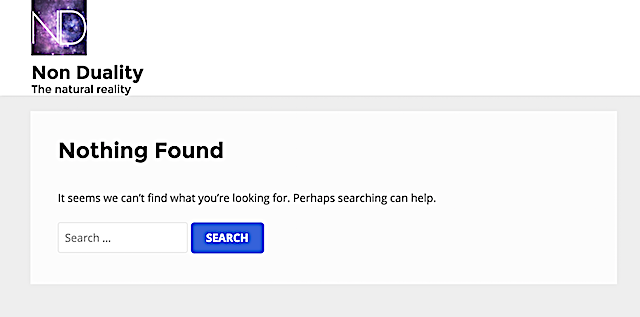
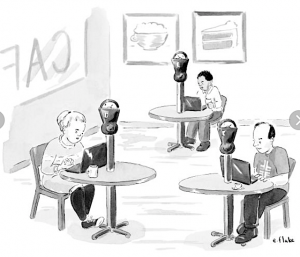
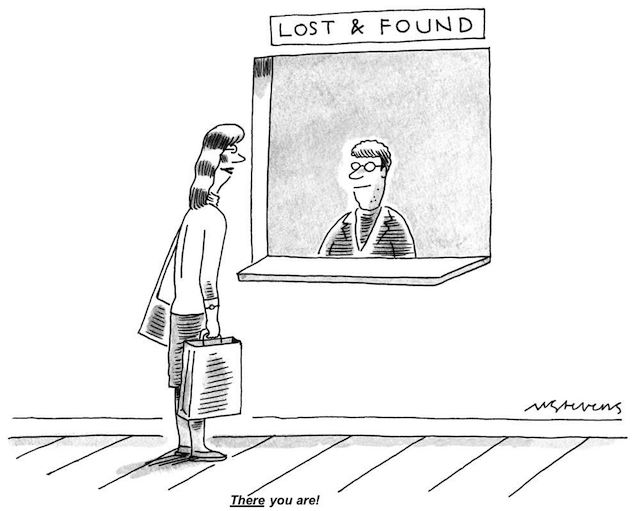
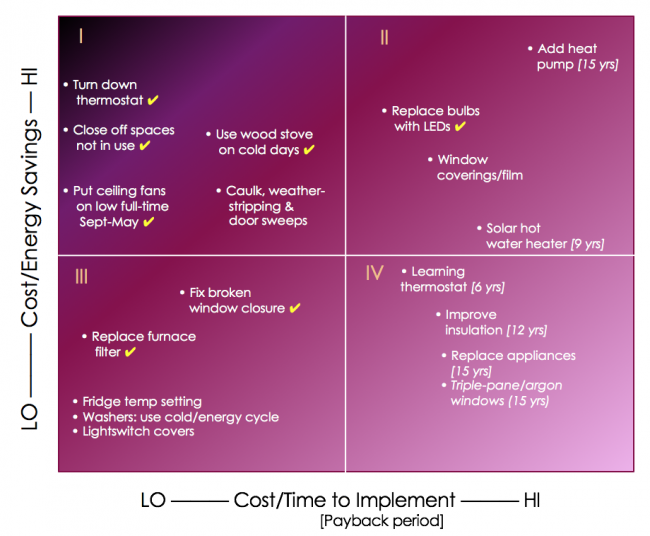
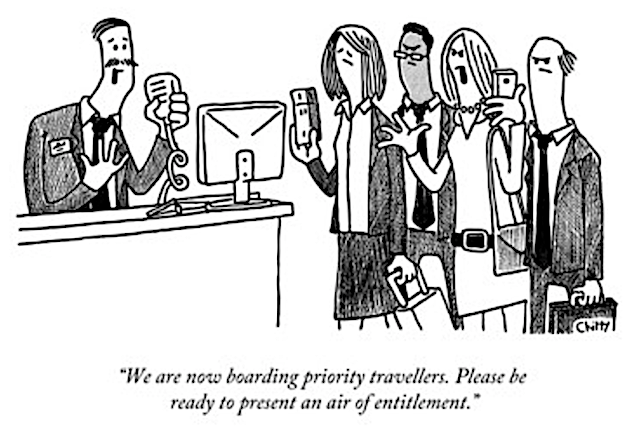
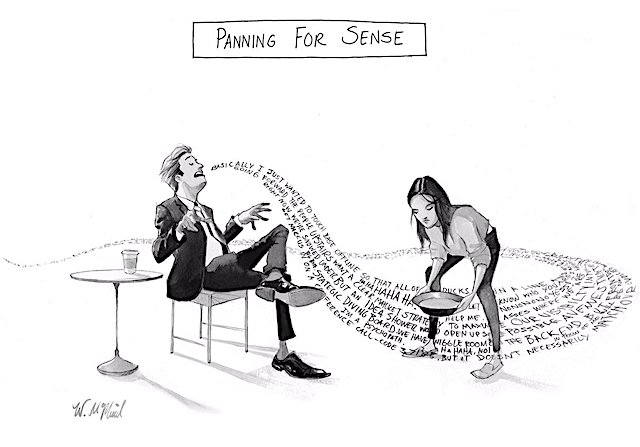
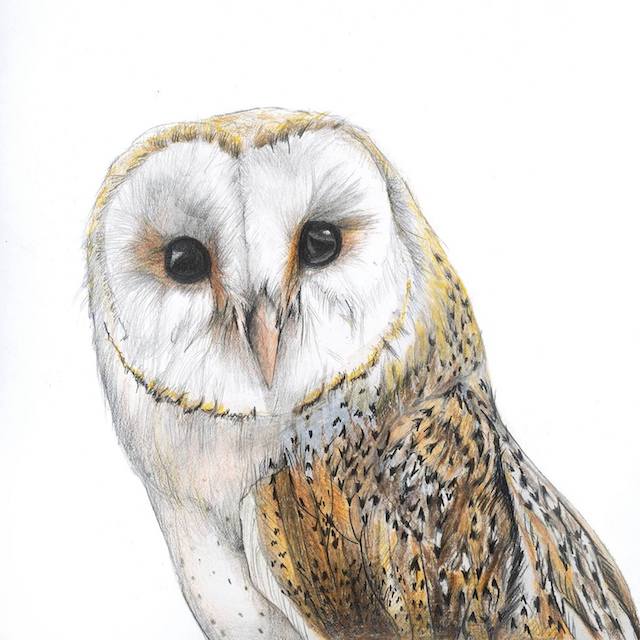
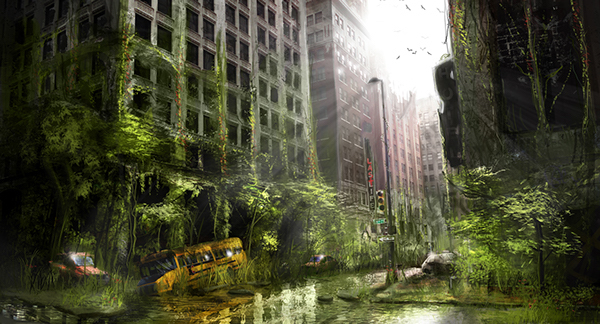
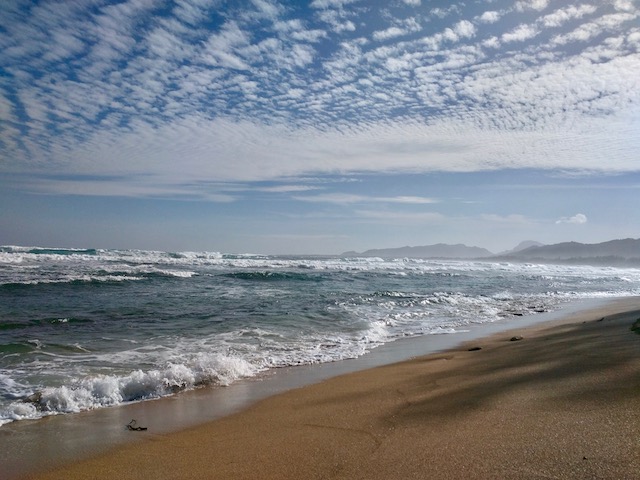 Dear, sweet Ren,
Dear, sweet Ren,